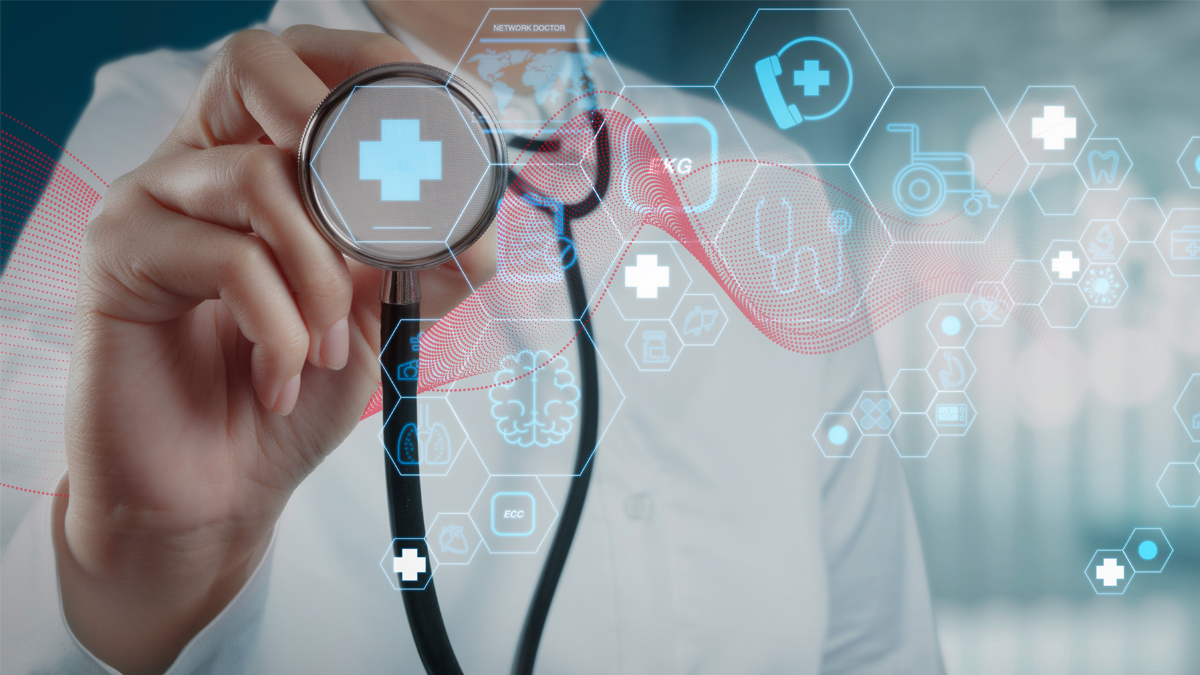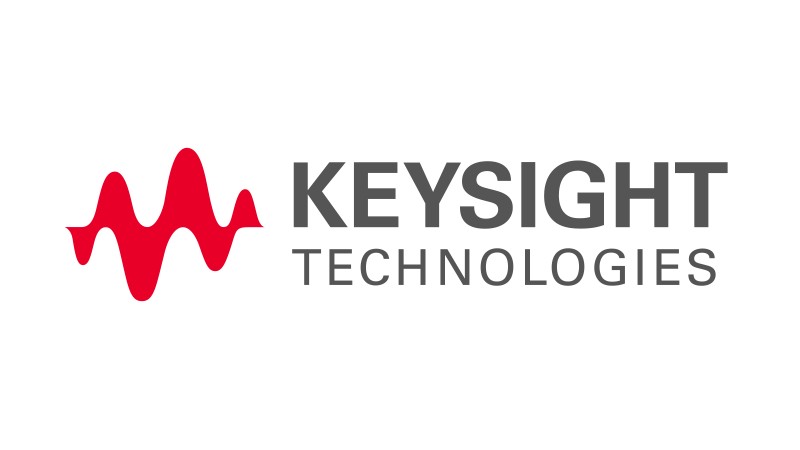The Role of Design, Test & Security in Today's Healthcare Advancements
By Michele Robinson-Pontbriand | Director Corporate Social Responsibility

Technology has always played a critical role in the healthcare industry. However, recent advancements are driving a revolution in capabilities and opportunities to improve the health and wellness of people around the world. And at a time when such advancements are sorely needed, I might add.
The introduction of innovative and connected healthcare solutions — such as biosensors, wearables, and mobile applications — are giving healthcare providers access to real-time health data in support of remote patient care. New healthcare devices and tools are intelligent with multiple sensors connected wirelessly to each other and the internet to streamline monitoring and alert to potential health impacts. Healthcare providers and individual alike are utilizing these capabilities to monitor health and help make wellness decisions. I can’t even tell you how many times I look at my own smart watch every day just to see how my heart rate has changed hour-by-hour — not because there is a concern, but just because I can!
Driving these changes are technological advancements like the internet of things (IoT), artificial intelligence (AI), machine learning (ML), and cloud services. IoT, for example, is being utilized by healthcare vendors to bring revolutionary products to market through both data collection and connectivity applications. In fact, the rate at which data is available from the IoT is increasing exponentially. IDC forecasts that by 2025, the global data sphere will grow to 163 zettabytes. Accessing and interconnecting this data is a key component in enabling other healthcare advancements that rely on a broad purview of connections to make decisions.
With access to such data, AI and ML are no longer fiction. Healthcare providers and device makers are already combining AI and IoT to create advanced medical applications and devices. Robot-assisted surgery, virtual nursing assistants, and administrative workflow assistance are all examples of how healthcare professionals are already using these technologies to provide a better quality of care tailored to each patient.
However, while these technologies are thriving in the healthcare industry, there are challenges in driving these revolutionary advancements. Top technical challenges include managing data and device interference, interoperability, communication protocols, and of course patient data security and privacy. Healthcare devices are among the first to experience communication failures because of the many uses of RF energy in a medical setting.
Ultimately, design and test engineers will need to stretch their design skills to understand the device architecture and the applications it supports. Device hardware, wireless communication solutions, battery life, and security all must be tested separately, as well as together, to ensure they can withstand the rigors of the real world.
These challenges are not lost on Keysight. As the demand for better, faster, and more IoT medical services rises, the company is poised and ready to help with solutions for designing, testing, and securing medical IoT devices and network infrastructures. I am excited to work for a company that is helping enable the dramatic reshaping of medical treatment, services, and patient outcomes.

